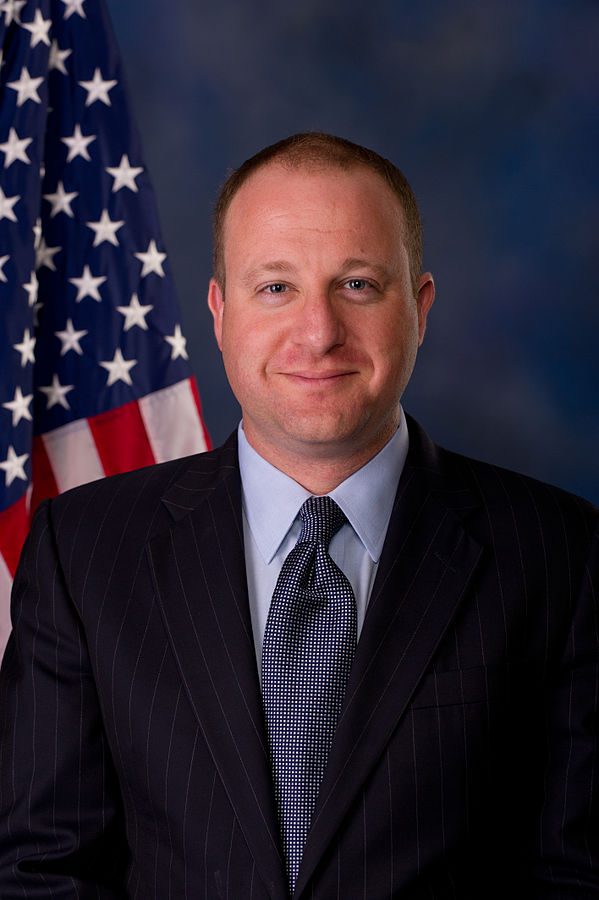Interpreting the Midterm Elections and What They Mean for Colorado
December 6, 2018
It’s finally over. The negative ads and the repetitive pros and cons of amendments and bills are finally out of sight, at least until the next election season. Now that the midterm elections are over, Coloradans can finally see what is going to happen for the future of Colorado. The election of a new governor could change taxes, transportation, education, among other important aspects of Colorado’s government.
In 2019, John Hickenlooper, democratic governor of Colorado, will be replaced with Governor Elect Jared Polis after serving for eight years in office. While Polis is in office, he plans to implement universal health care for all Coloradans, change all of Colorado to 100 percent renewable energy by 2040, and make universal Pre-K and kindergarten free.
On Jared Polis’s official website, Polisforcolorado.com, he says, “Health care is a human right.”
His promises, which are hopefully achievable, are contradicted by Walker Stapleton. Stapleton is openly against Polis’s healthcare plan, stating in an interview, “The state of Colorado has no ability whatsoever to execute on a state run system.”
Having two young kids, Jared Polis knows how important education is. Within two years Polis wants to have free, full day preschool and kindergarten in every community in Colorado. By doing so, Polis says it will not only help parents be more flexible with work, but also it will generate more tax revenue for the state while decreasing reliance on public assistance programs.
Because Colorado is labeled as a Democratic state, Polis’ winning of the election was expected. As things change for Colorado, citizens of the Democratic state anxiously wait for promises to be fulfilled and for our state to evolve for the better.


